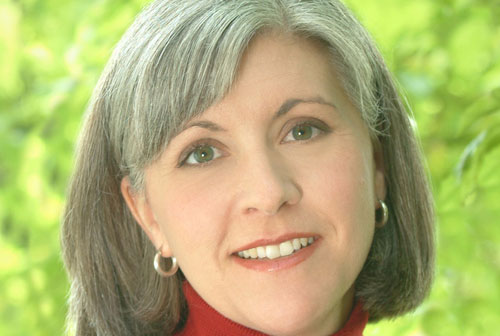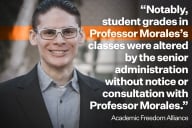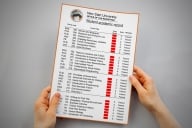You have /5 articles left.
Sign up for a free account or log in.
The granting of college credit for knowledge gained outside the traditional academic setting – prior learning assessment – appears poised to take off in higher education. With a lift from the “completion agenda,” more colleges appear to be warming to prior learning, which can help adult students earn degrees quicker and more cheaply.
Yet the practice remains controversial, and often misunderstood. Some critics charge that prior learning is merely forking over cash to get credit for “life experience.” That has happe ned. But in most cases these days, prior learning assessment is an involved practice of measuring of college-level learning and knowledge.
ned. But in most cases these days, prior learning assessment is an involved practice of measuring of college-level learning and knowledge.
Even so, more thoughtful skeptics still don’t buy that work experience, training or knowledge gained outside the academy can be evaluated in a way that proves it is the equivalent of the rich learning experience that happens in college.
Amid this debate, it might help to hear what adult students who have received credit for prior learning think about the process. That’s what Melanie Booth and her colleagues at Marylhurst University have done with a series of video interviews with students there.
Booth is dean of learning and assessment at Marylhurst, a private university in Oregon that welcomes adult students and has been offering prior learning assessment for 35 years. She also directs the university’s center for experiential learning and assessment. An expert on prior learning, Booth recently answered questions about the process over e-mail.
|
||||
|
||||
|
||||
Q: What are some of the reasons adult students seek prior learning assessment?
A: Our students like the idea that they can save a lot of time and money toward finishing their undergraduate degree. Prior learning assessment (PLA) can really accelerate the process of degree completion for them. Usually this is what brings our students to the PLA program. They also like the feeling that what they've done in life is worth something, and that PLA formally acknowledges their expertise in or in-depth knowledge of a topic.
Q: Besides college credit, what are other benefits of going through the process?
A: Once students are in our program, they start to realize the great learning benefits of PLA: being able to articulate what they know and can do, connecting their knowledge to academic areas, the great feeling of self-worth and self-confidence when they earn credit for their learning, strengthening their academic writing and presentation skills, and, mostly, developing a way of thinking about each and every experience they have – a way that asks, "What am I learning from this? What does it mean?" Sometimes that's a big shift in thinking for folks -- a valuable one!
Q: People often think prior learning assessment is just credits for life experience. Is that true?
A: In fact, no. We don't award college credit for experience. We award credit when a student demonstrates the equivalent knowledge of an academic course – specifically, when the student demonstrates they've met the learning outcomes of the course. Students need to submit evidence of their experiences, but what they earn credit from is the more significant part of their PLA submission: evidence of learning. A good example of the difference is that a student cannot earn credit for courses called "How Sheila Raised Her Kids," or "How Larry Manages Employees," because there aren't such college courses. However, students can reflect on their own parenting or management experiences (what worked, what didn't, how that compared to other experiences they had, causes and effects, pros and cons, etc.), what they learned from reading books, workshops or trainings, talking to other people, observations, etc., and then can do PLA for academic courses like Theories of Parenting or Child Development, or Theories of Management or Principles of Supervision [courses that many institutions offer]. The student needs to be able to say "here are my experiences and here's what I've learned from them, AND ... here's how they connect to and demonstrate the learning that is addressed in this course." They put their expertise and knowledge on the table and enter the conversation with the "academic experts."
Often understanding the difference between experience and learning, and then articulating their learning at the "college level" (meaning not just description but analysis and the identification of academic theory) is the hardest part to the PLA process. In PLA, we care deeply about the reflection and the learning -- we just don't care so much how or where students got it.
Q: How much work must the average student do to receive a substantial number of credits?
A: Our PLA program is mostly essay based – for each 3-credit submission, students write an academic essay of generally 20-25 pages that addresses the learning outcomes of the course they are "challenging" through PLA, and they also submit substantial evidence of their experience (these may be performance reviews from their jobs, annotated bibliographies of books they've read, work products they've created, letters of verification, etc.). It's not an "easy" process to learn how to critically reflect on and analyze one's experiences in order to learn from them, to connect that learning to college-level theory, and to articulate all of that so that a faculty member can evaluate whether or not they've met the course outcomes. It takes time and practice and often, developing a whole new way of thinking. The credit becomes the icing on the cake.







